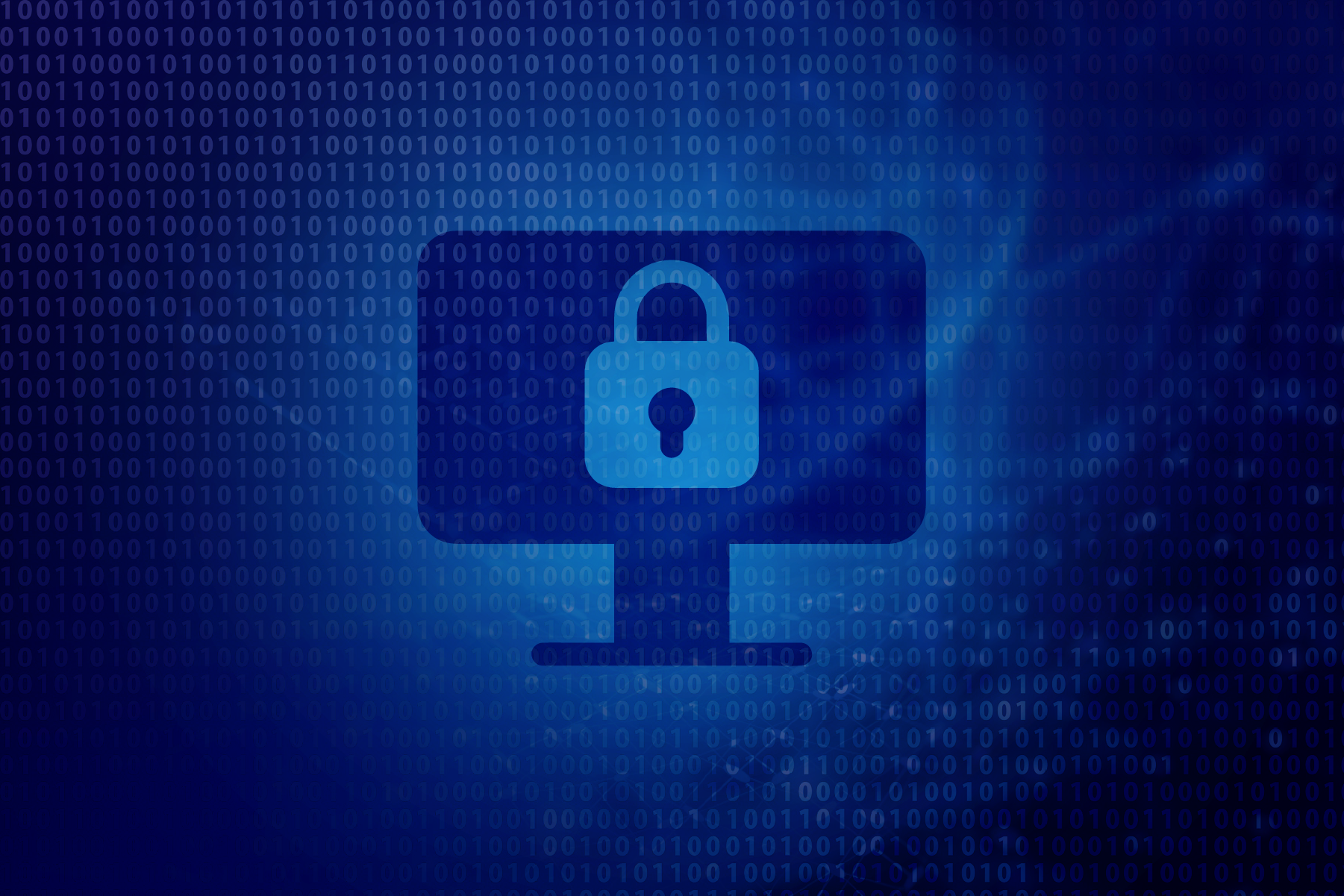
Digital Security: 6 key questions to understand this trending concept
What are the top 3 concerns governments should identify and tackle in terms of digital security?
There are indeed three main concerns that governments need to address:
- Data integrity and confidentiality.
The cornerstone of a Digital Nation is creating successful methods of providing Digital Identities to their citizens. Governments act as a trusted third party, who assign Digital ID’s to its citizens and create a legal framework where a handwritten signature is equal to digital signature. Widespread use of Digital ID’s enables data integrity and confidentiality in the network. - Availability of e-Services.
By creating an information highway, where the government’s information systems are able to share data using a common interoperability framework, all information systems will be more decentralized. There will be no single point of failure, and the systems overall will be harder to attack. As increasingly more services provided by governments are going to be digital, availability of e-services will be crucial and expected by the citizens. - Education.
The role of education in building successful countries cannot be underestimated. Digital nations will be more efficient, faster and more productive in all aspects of life. However, this is only if citizens really use the technology to its full capacity. Like in the physical world, there will be various threats. Citizens will need to know how to safely use this technology and, for that, education is needed.
What specific sectors of the economy are prime targets of Cyberattacks?
The financial sector is always the obvious target. But we also increasingly seeing smart attempts in the telecom sector – infecting phones with malware, subscribing for services without authorization by the user, or attempts to extract information, are a few examples.
Free access to information technologies should co-exist with user security. To what extent are Governments responsible to ensure a safe digital ecosystem?
Governments are ultimately responsible for the development of Digital Societies in the country. These include the Infrastructure, Digital Identity and availability of National e-Services. There will unfortunately always be accidents, criminality and malicious attacks. How well a Government deals with these unforeseen issues, will be the true measure of responsibility. For this reason, it will be necessary to create cybersecurity capacities that provide country-specific baseline security levels for its citizens.
Given the fast pace towards an increasingly digitized ecosystem, don’t you think there is still a general lack of awareness and a need for knowledge transfer around digital security?
Absolutely. It would be extremely beneficial if people understand the risks as well as rewards of living in a Digital Society. The devices that we use have increasingly become a part of ourselves, and the risk of having something negative happen has a very real and serious impact on our lives. Conversely, if we are proficient in using our smartphones and e-Services, it will make us more productive and efficient in how we live our lives.
What role does digital security play in the face of economic development?
Globalization means that countries are not developing in isolation – it is far from that. We are all connected to one network and we are constantly competing with other countries, service providers, and resources. As more and more assets become digital, economic development is heavily influenced by how well the nation has the ability to adopt information and communication technologies. If the level of digital development is high, then the economy is competitive. This is why cybersecurity, as an important element of a Digital Nation, cannot be overlooked.
Could you confirm that Estonia is currently the safest digital ecosystem? Which lessons can be learnt?
According to the National Cybersecurity Index, Estonia ranks number 3 in the world (source: https://ncsi.ega.ee/ncsi-index/), so I cannot confirm that Estonia is the safest digital ecosystem in the world. But it is definitely one of the trendsetters. The country has pioneered various e-Government solutions, and has been a test-site for new ideas and technologies.
Maybe one of the main lessons to be taken away from all of this, is that a Digital Nation will never be entirely finished – it is not a product that we are building, but a process that is adapted continuously. Successful state building for small countries means smart decisions and being responsive to technological changes. Technology trends have to be followed closely and early, keeping in mind that prototyping catches mistakes early.
